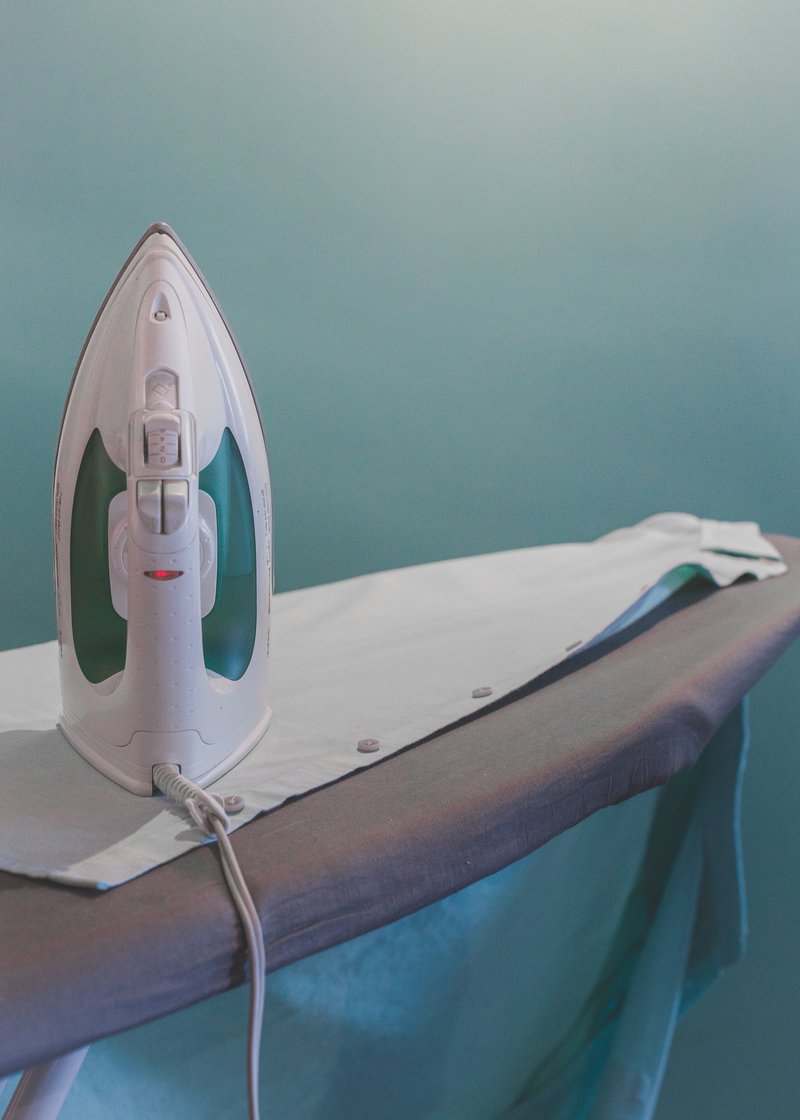Gender and Household Labor
An FAQ on what the research says about the gendered division of labor
Blog Post

Unsplash
Oct. 3, 2019
In American families, time-use data shows that, even though men have increased the amount of time they spend on housework and caring for family members in recent decades, women are still doing more - about twice as much as men. That’s true even when women work full-time, when they’re the primary breadwinners, and whether or not they have children. Although, when families have young children, the additional burden on mothers is stark. And none of that data counts the “invisible” mental labor of planning, organizing and logistics that women tend to do. (Just having a man in the house tends to increase the load for women - partnered mothers do more housework and child care than single mothers.)
Men, on the other hand, spend more time at work. And they have more leisure time.
When men do take on household chores, research has found the chores tend to be gendered as well, with men doing the outdoor chores or one-off repair projects that can be done as their schedules permit. Women, on the other hand, tend to be responsible for the time-demanding daily or weekly tasks like laundry, grocery shopping, cooking, cleaning and child care that can’t be put off. When it comes to caregiving, men tend to be the “fun” parent, or take on educational activities, while mothers, again, tend to be primarily responsible for the day to day, time-sensitive caring. (Men also tend to think they do more than women say they do.)
This “gendered division of labor” as sociologists call it, is a big part of what fuels the pay and opportunity gap for women in the workplace, where women, too, are often unconsciously asked to do the low-value “office housework,” and has stalled progress towards real gender equality.
The unfair division of labor is a major source of strife among partners and in families, and a big factor in women seeking to end relationships. Two-thirds of high-achieving women cite a lack of household support from their husbands as one of the top reasons they decide to leave full-time work. Same sex partners, on the other hand, report less tension and more sharing around household labor, because there are no traditional gender stereotypes to fall back on, so partners are forced to communicate and negotiate better in order to get things done.
Learning to better share the labor at home, which then creates more time for leisure and connection for everyone, has tangible benefits to health, happiness, relationship quality and gender equality - women’s economic advancement at work and men’s evolving role as involved caregivers at home:
- Several studies have found that when men make a “fair contribution” to housework, couples report more and better sex.
- Daughters who see their father doing household chores have broader career aspirations.
- Women who receive “tangible support” from their partners - sharing chores and caregiving - do better at work and are more likely to advance.
- Men who are involved fathers not only boost their children’s self-esteem, they experience greater job satisfaction and more work-family enrichment rather than conflict.
- Actively taking care of loved ones helps people live longer.